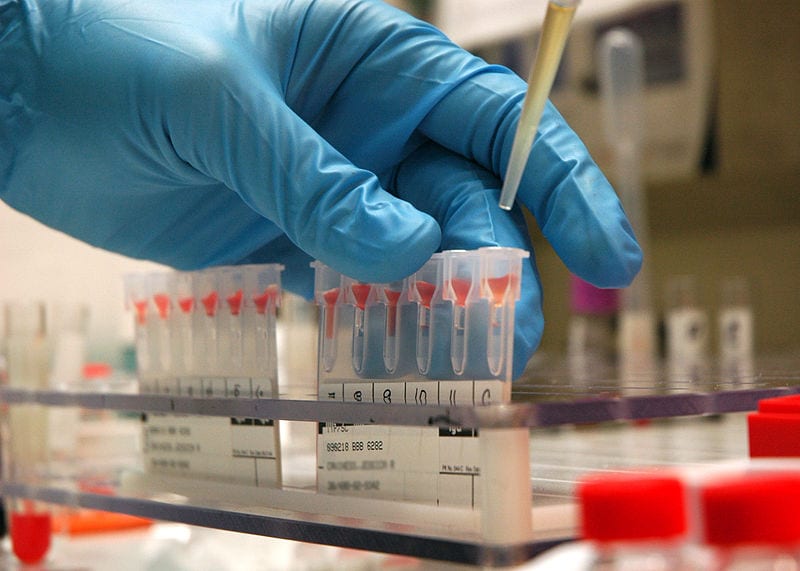Prion diseases are neurodegenerative diseases of great public concern. Currently, there are no tests that can accurately and economically detect low concentrations of prions in patients.
A new technology developed by the National Institutes for Allergy and Infectious Diseases (NIAID) enables rapid and economical detection of sub-lethal concentrations of prions in a sample by using recombinant normal prion protein (rPrP-sen) as a marker.
Specifically, prions in a sample seed the polymerization of rPrP-sen, and polymerized rPrP-sen is detected. This assay differs from the protein-misfolding cyclic amplification assay (PMCA) as it enables the effective use of rPrP-sen and does not require multiple amplification cycles.
This technology can be combined with additional prion-detection technologies to further improve the sensitivity of the assay. This assay has been successfully used to detect prions in brain tissue or cerebral spinal fluid from humans (variant CJD), sheep (scrapie), cattle (bovine spongiform encephalopathy), and deer (chronic wasting disease).
To learn more, please visit NIAID Tech Transfer or contact Jeffrey T. Thruston, J.D., M.S., (301) 594-5179; jeffrey.thruston@nih.gov.



